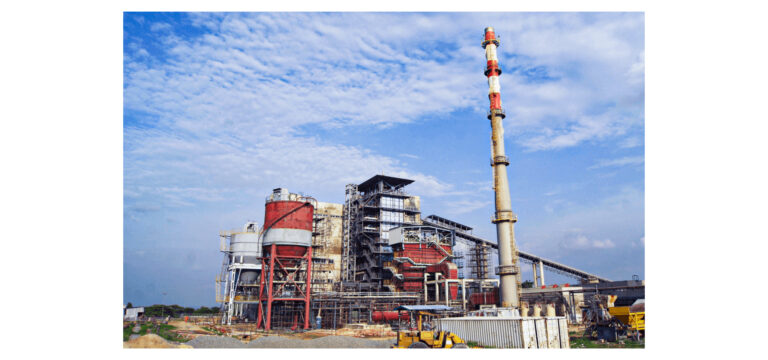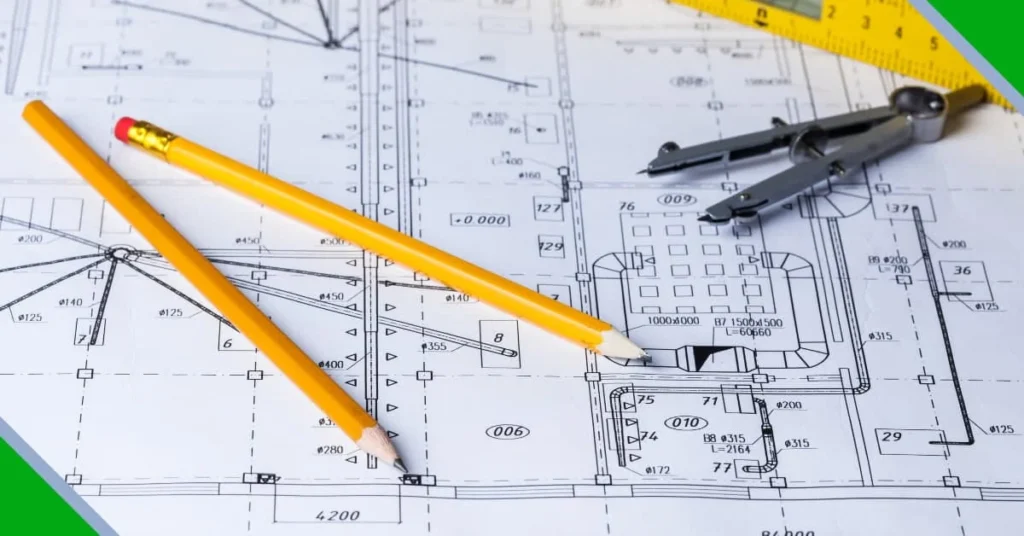When a loved one passes away, the emotional toll can be overwhelming. Alongside grief and sorrow, families must also handle various logistical arrangements. Among the most sensitive and complex tasks is funeral transportation, often referred to as transport pogrzebowy. This involves not just moving the deceased from one place to another, but doing so with dignity, legality, and care. Understanding the intricacies of funeral transportation is essential, especially when it involves international repatriation, such as transport zwłok z Niemiec—the transport of the deceased from Germany to another country, such as Poland.
Understanding Funeral Transportation
Funeral transportation refers to the process of moving a deceased individual from the place of death to the final resting place. This can be as simple as a local transfer between a hospital and funeral home or as complex as an international repatriation involving multiple countries’ regulations and documentation.
There are two major categories of funeral transportation: domestic and international. Domestic transfers are typically handled by local funeral homes and involve minimal legal documentation. International transportation, however, involves coordination between different countries’ authorities, embassies, airlines, and funeral service providers. This is where specialized services in transport pogrzebowy become crucial.
Legal and Administrative Requirements
One of the most complex aspects of funeral transportation is navigating the legal landscape. Laws vary significantly from one country to another. For example, when organizing transport zwłok z Niemiec, it’s essential to comply with both German and Polish regulations. This includes securing death certificates, embalming permits, and transportation authorization.
In Germany, the local health authority must issue a permit for transporting a body out of the country. The body must be placed in a hermetically sealed coffin or a zinc-lined casket, as required by law. In addition, all documents must be translated and often legalized or apostilled. Once the necessary paperwork is completed in Germany, arrangements must be made to receive the body in Poland, which has its own set of regulations and requirements.
Hiring a professional funeral service with experience in international repatriation can ease the burden significantly. These specialists handle documentation, liaise with authorities, and ensure the body is transported in accordance with all applicable laws.
The Role of Funeral Homes and Transport Services
Funeral homes that offer international services play a critical role in coordinating every stage of transport pogrzebowy. They provide essential services such as embalming, preparation of the body, casketing, and packaging for international transport. In cases of transport zwłok z Niemiec, funeral homes often collaborate with German counterparts to ensure proper documentation and handling of the deceased.
Many funeral transport providers offer door-to-door services, collecting the deceased from the hospital or morgue in Germany and delivering them to the final location in Poland. These companies often have multilingual staff who can navigate the bureaucratic systems of both countries, making the entire process more manageable for grieving families.
Choosing the Right Mode of Transport
The method of transportation largely depends on distance, cost, and the condition of the body. For international transfers like transport zwłok z Niemiec, the two most common modes of transport are air and road.
Air Transport
Air transport is often the quickest method, especially for long distances. Most airlines have specialized procedures for transporting human remains and require specific documentation, such as a Consular Mortuary Certificate. The body must be placed in an approved, sealed casket that complies with international health and safety regulations. Air transport is more expensive but offers the advantage of faster delivery and fewer complications in transit.
Road Transport
Road transport is more commonly used within Europe due to shorter distances and well-connected road networks. It is often more affordable than air transport and allows for direct delivery to a funeral home or cemetery in Poland. However, it requires meticulous planning to comply with customs and border control protocols, especially in post-Brexit Europe or countries outside the Schengen Area.
Cost Considerations
The cost of transport pogrzebowy can vary significantly depending on the distance, services included, and method of transport. For example, transport zwłok z Niemiec typically ranges between €2,000 and €5,000, depending on the complexity of the case and the provider’s services.
Expenses may include:
- Preparation of the body (embalming, dressing)
- Legal documentation and translation
- Transportation casket or coffin
- Travel insurance and consular fees
- Airline cargo fees or road transport costs
- Funeral home fees in both countries
Some families may have funeral insurance that covers repatriation, or they may be eligible for assistance from their embassy or consulate, particularly if the death occurred under extraordinary circumstances.
Emotional and Cultural Sensitivities
Beyond the logistics and paperwork, transport pogrzebowy is a deeply emotional process. It’s not just about moving a body; it’s about bringing a loved one home. Many families feel strongly about burying their relatives in their native land, next to ancestors or within a particular religious or cultural context. This is especially true in Polish communities living abroad, where traditions and familial bonds remain strong.
In such cases, transport zwłok z Niemiec becomes more than a logistical task—it is a moral and cultural imperative. Transport providers must handle the process with compassion and respect, acknowledging the emotional weight carried by each journey.
The Importance of Planning Ahead
While no one likes to think about death, pre-planning can significantly ease the burden on loved ones. Funeral pre-planning services often include options for international repatriation, ensuring that all necessary documentation and preferences are handled in advance. Families with relatives living abroad may want to consider including transport pogrzebowy as part of their end-of-life planning.
Additionally, keeping essential documents such as birth certificates, identification, and health records readily accessible can accelerate the process and reduce stress during an already difficult time.
Working with Trusted Partners
Given the sensitivity and complexity of the task, working with reputable and experienced providers is crucial. Look for funeral transport companies that specialize in international repatriation and have a clear understanding of transport zwłok z Niemiec. Ask for detailed service descriptions, timelines, and itemized costs. Reviews, testimonials, and recommendations from consulates or religious institutions can also guide your decision.
Final Thoughts
Navigating funeral transportation is never easy, especially when it involves crossing international borders. The process requires attention to detail, legal compliance, and deep compassion. Whether dealing with a sudden loss or fulfilling a long-held family wish, the task of transport pogrzebowy should be handled by professionals who understand both the logistical demands and the emotional gravity of the situation.



